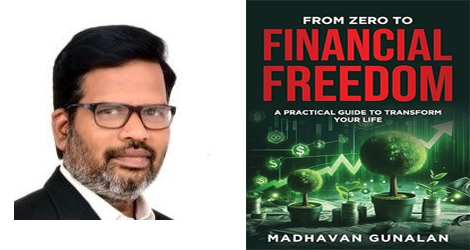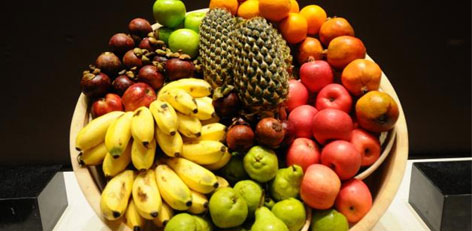Let age not decide your immunity level
Posted on: 25/Apr/2020 12:37:14 PM

How many times have you thought when you wake up that you need extra sleep rest, perks of having another holiday in a week or have an extra person who can help you out for daily household chores. Well, for people above their 50�s these are the common thoughts that linger around their head. The sense of having someone to help them out is a relief for people in their late 50�s, it not only gives them a sense of security but also it assures that they have an extra pair of hands to reduce their mental and physical burden.
The ones who were very active and fast a few years ago, why do they have to depend on someone to do their things? Well, the real answer to this is your age. Ageing is a process that keeps happening throughout your lifespan, this process neither can be stopped nor paused for a while. The immunity built when your young and the energy you used to have reduces when a person reaches their late 50�s. Adding to this, a person�s quality of health reduces as they age. Health issues like arthritis, blood pressure, diabetes and other health issues are common among this age group.
Why is this so? There is a direct relationship between human ageing and susceptibility of infections that they are prone to. Ageing is a progressive process which involves degeneration of tissues, which affects the structure of the vital organs, increasing the risk of health issues in a person. The immune system slows down putting older ones at a greater risk of catching infections and health-related complications.
But there are ways to strengthen senior immunity system with few changes in the lifestyle choices and practices that can support a healthy body. Also, with so many different diseases breaking out daily, it�s very important to build a perfect immunity system which withstands new diseases in air. But why do people above �50s have to go through this change in their life? Let us explore the choices seniors can make to develop their immune system.
- Maintain right nutrition levels: As we keep ageing, our appetite to wane�s too. To balance this drop of nutrition level in the body, a person should have a healthy diet which involves Fruits and vegetables, nuts and dry fruits (dates, apricot, anjeer), omega-3 based foods such as seafood, lean protein (skinless chicken, fish especially salmon), sunflower seeds, flax seeds, barley, wheat and other such non-oily and spicy food needs to be consumed.
- Adequate sleep: Sleep is one of the important factors which balances a person�s mental health. With insufficient sleep, it gets difficult for anyone to work with their full capacity. Now for the elderly, this is twice as difficult as for the young ones. Sleep gives the body the time to regenerate itself from the daily stress our body goes through. This rest is very vital for the elderly. For one to get good sleep, they can follow a routine- have an early meal, followed by a stroll, read a book and relax before you fall asleep.
- Give your body physical activity: Staying active during the late years helps in keep our circulatory, respiratory, mind and musculoskeletal systems healthy. Keep going foror early morning walks for a fresh breeze.
- Keep yourself hydrated: Intake of fluids plays a vital role in daily activities like sleep, digestion and overall immune system. For a better immunity system, one should consume at least 3 litres of water per day.
- Stay away from stress: Stay away from anything that can cause stress in your life. The ability to undergo a situation in stress decreases as you keep ageing. Divert yourselves if you are in a stressful situation like socialize with your friends, meditate, practice deep breathing, develop a hobby.
As age keeps increasing think that your body is a single process, which works with multiple networks putting together. When one system is down, it affects the whole body. Take a pro-active approach to keep yourself happy and stress-free. Take all the measures which are needed to boost or build a healthy you. This will always favor the person to fight against all kinds of flu and other emerging diseases.
- Contributed by Dr Santhosh Atmanand Revankar, Consultant Internal Medicine, Columbia Asia Referral Hospital Yeshwanthpur.







